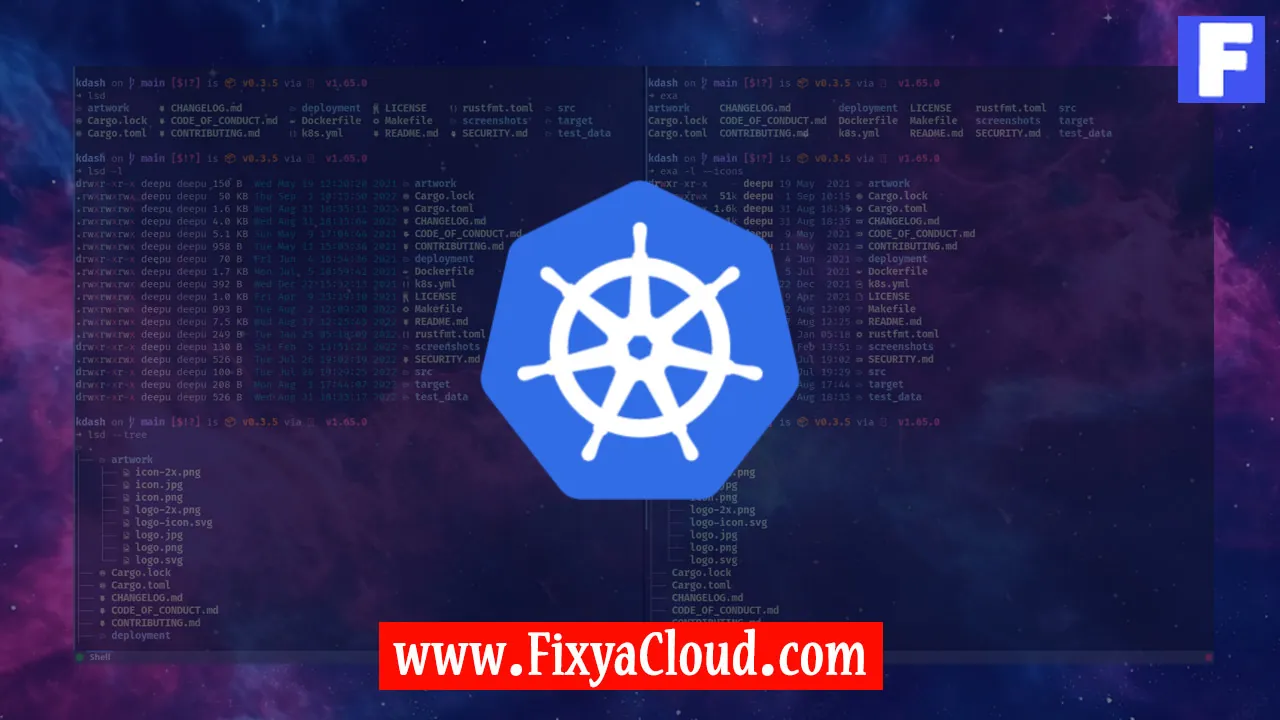Mastering Kubectl: Navigating Events and Sorting by Time

In the vast landscape of Kubernetes management, effective troubleshooting and monitoring are paramount. One essential tool for this task is Kubectl, the command-line interface for interacting with Kubernetes clusters. In this article, we will delve into a crucial aspect of Kubernetes troubleshootingâviewing eventsâand learn how to use Kubectl to obtain and sort events based on time.
Understanding Kubernetes Events:
Before we dive into the commands, let's understand what Kubernetes events are. Events are records of everything that happens within a cluster. They provide crucial information about the state and activities of resources, aiding administrators and developers in identifying issues and understanding the system's behavior.
Using Kubectl to Get Events:
The basic command to retrieve events using Kubectl is:
kubectl get events
This command will fetch and display all events in the cluster. However, the output can be overwhelming, especially in larger clusters with numerous activities.
Sorting Events by Time:
To make sense of the events, it's often beneficial to sort them based on time. Here's the command to achieve that:
kubectl get events --sort-by='.metadata.creationTimestamp'
This command sorts events in ascending order based on their creation timestamp. You can quickly identify the most recent events, aiding in real-time issue identification.
Filtering Events by Namespace:
If you want to focus on events within a specific namespace, you can use the following command:
kubectl get events --namespace <namespace> --sort-by='.metadata.creationTimestamp'
Replace <namespace> with the desired namespace name.
Displaying Events in Reverse Order:
To view the most recent events first, you can use the following command:
kubectl get events --sort-by='.metadata.creationTimestamp' --reverse
This is particularly useful when you're interested in the latest occurrences within the cluster.
More Examples:
Example 1: Filtering Events by Type
To view events of a specific type, such as Warning, you can use:
kubectl get events --field-selector type=Warning --sort-by='.metadata.creationTimestamp'
Example 2: Filtering Events by Resource Type
If you want to see events related to a specific resource type, such as Pods, you can use:
kubectl get events --field-selector involvedObject.kind=Pod --sort-by='.metadata.creationTimestamp'
Step-by-Step Guide:
- Open your terminal.
- Type the appropriate Kubectl command based on your requirements.
- Press Enter to execute the command.
- Analyze the output, sorted by time, to identify relevant events.
By following these steps, you gain valuable insights into the historical activities of your Kubernetes cluster.
Effectively navigating Kubernetes events is a fundamental skill for anyone managing Kubernetes clusters. With the power of Kubectl, you can retrieve, filter, and sort events, enabling timely issue resolution and proactive monitoring. Incorporate these commands into your Kubernetes toolkit to become a proficient cluster administrator.
Related Searches and Questions asked:
That's it for this topic, Hope this article is useful. Thanks for Visiting us.
